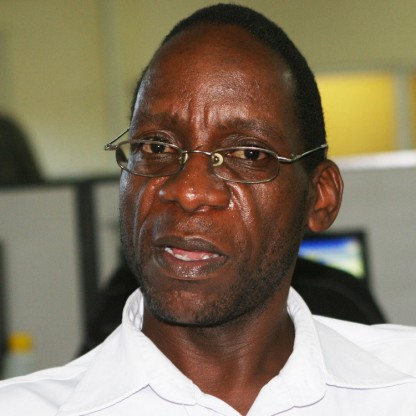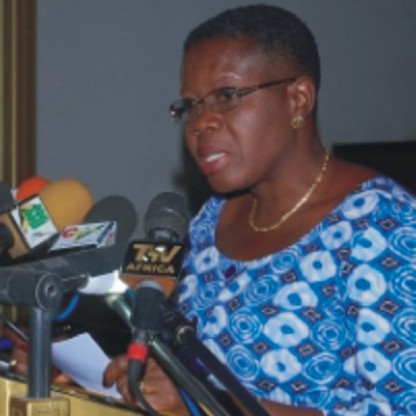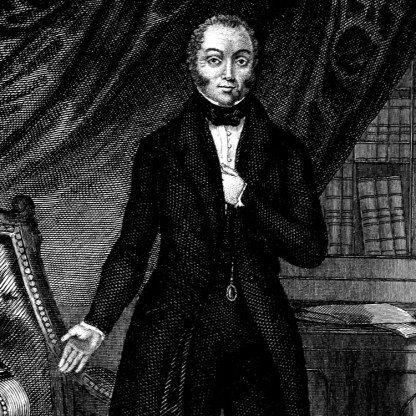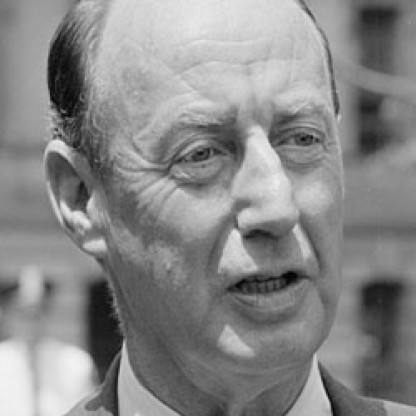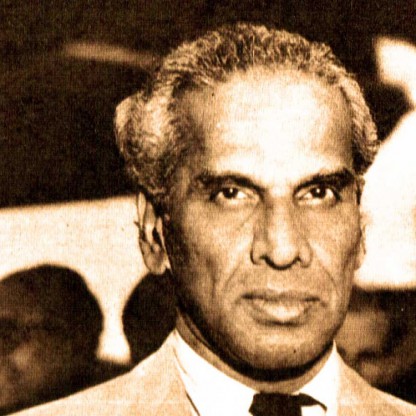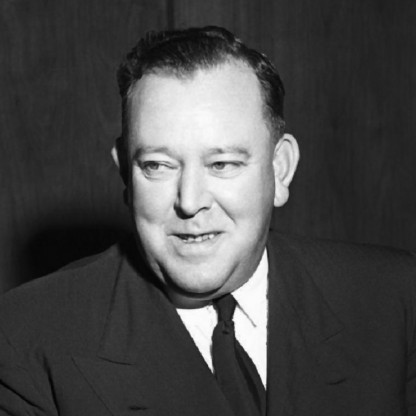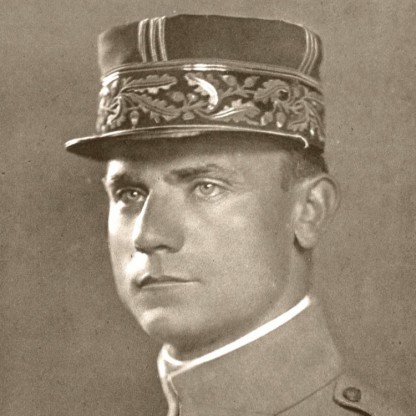After serving a combined total of twenty-four years as governor, member of the U.S. House of Representatives, and state legislator, Wise admitted to marital infidelity and stated that he would not seek reelection in 2004. He went on to “apologize deeply to the people of our state for my actions. In my private life, I have let many people down." Philip Frye, the husband of Angela Mascia-Frye, 35, a state worker, filed for divorce April 7, 2003, claiming she'd had an affair with Governor Wise.


